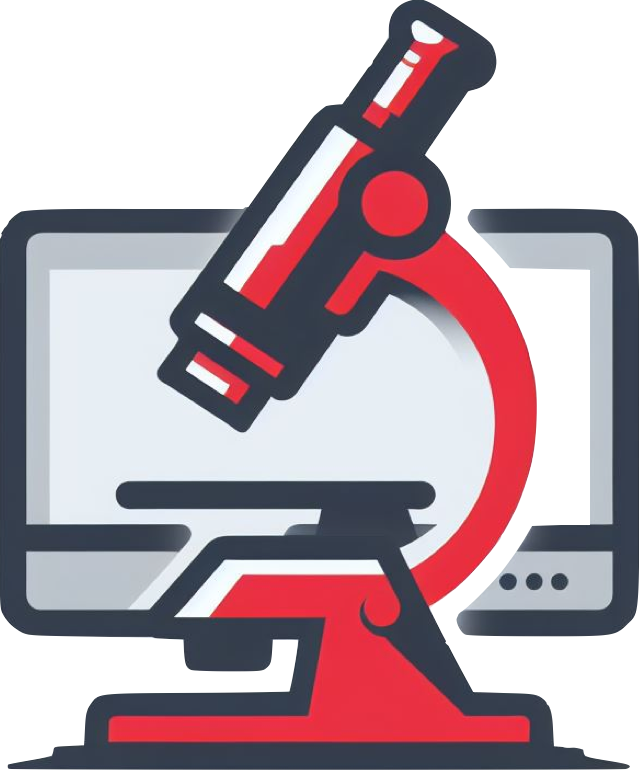Levy Lab
About

The Levy Lab is embedded across multiple institutions, with its core affiliations in the Departments of Pathology and Computational Biomedicine at Cedars-Sinai Medical Center and secondary affiliations in the Emerging Diagnostic and Investigative Technologies (EDIT) program in the Department of Pathology and Laboratory Medicine at Dartmouth Hitchcock Medical Center. Professor Joshua Levy serves as the Principal Investigator of the Levy Lab, the Director of Digital Pathology Research at Cedars-Sinai Medical Center, Associate Director of the Cedars-Sinai AI Campus, and Director of the EDIT AI Internship Program (Dartmouth Cancer Center).
The Levy Lab is comprised of a diverse team of undergraduates, master’s students, medical students, doctoral students, data scientists, and postdoctoral researchers who are driven to advance biomedical research, improve public health, and create positive societal impact through high-throughput computation and innovative digital pathology solutions. Students in the Levy Lab have access to vast computational resources, including the PathOS (1.5 TB RAM, 320 Gb GPU, 100TB storage) at Cedars-Sinai Medical Center, Cedars and Dartmouth Digital Pathology AWS cloud resources, and the Pathology Advanced Computing Environment (PACE) and the QDP-Alpha HPC resources at Dartmouth Health.
In addition to research, Dr. Levy directs the national EDIT AI Internship Program, which offers a competitive summer research experience for high school and undergraduate students, providing hands-on exposure to biomedical research and mentorship in artificial intelligence and computational biomedicine.
"Emerging technologies informed by and for clinicians have the potential for lasting translational impact."

Lab Structure and Resources
EDIT AI Internship program: Through a series of lectures, guided projects, and IRB supported basic research, lab members develop algorithms to explore diagnostic spaces in pathology from cancer detection, to gigapixel image manipulation, to text prediction. Students are placed into teams to design and pitch projects and adhere to a team culture which promotes broad collaboration. Dr. Levy meets weekly with lab project teams to discuss updates and provide guidance on the technical aspects of their projects (including presentation/manuscript preparation), while providing tutorials (e.g., overview of operating in an HPC environment), a lab GitHub based wiki page, and over the summer a weekly seminar series to help them better understand emerging themes in the field. Dr. Levy also holds weekly office hours for general inquiries. Students in the EDIT AI lab have access to vast compute resources: 1) QDP-Alpha HPC resource for research applications, a computational node system comprising: 400 CPU cores, 416GB of GPU memory, 1.5TB of RAM and 150TB or storage, 2) Pathology Advanced Computing Environment (PACE) a modular HPC system for mature clinical applications comprising a Imaging/Genome analysis node (128 CPU cores, 768GB RAM, 12GB GPU memory, 100TB storage), and a Machine learning node (40 CPU cores, 128GB GPU memory, 512GB RAM, 100TB storage), and 3) Personal computing equipment, including access to surface tablets to study histology slides and a local computing workstation for rapid algorithm prototyping. As part of the summer research internship program, students are asked to present their research in front of medical faculty, residents and technical staff. Learn more about the EDIT AI internship program here.
Interdisciplinary Mindset
Since the Levy Lab is fully embedded within the departments of Pathology and Computational Biomedicine at Cedars Sinai Medical Center and separately within the Department of Pathology and Laboratory Medicine, Dermatology and Epidemiology at Dartmouth Hitchcock Medical Center, members are challenged to think critically about the successful design of clinically impactful technologies. Expectations for student researchers are no different. Students are encouraged to communicate how their work will directly address “big picture” issues in Pathology versus highlighting the computational aspects, which are important but of less relevance for the target audience. We hope these experiences will continue to shape how students engage project stakeholders.